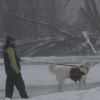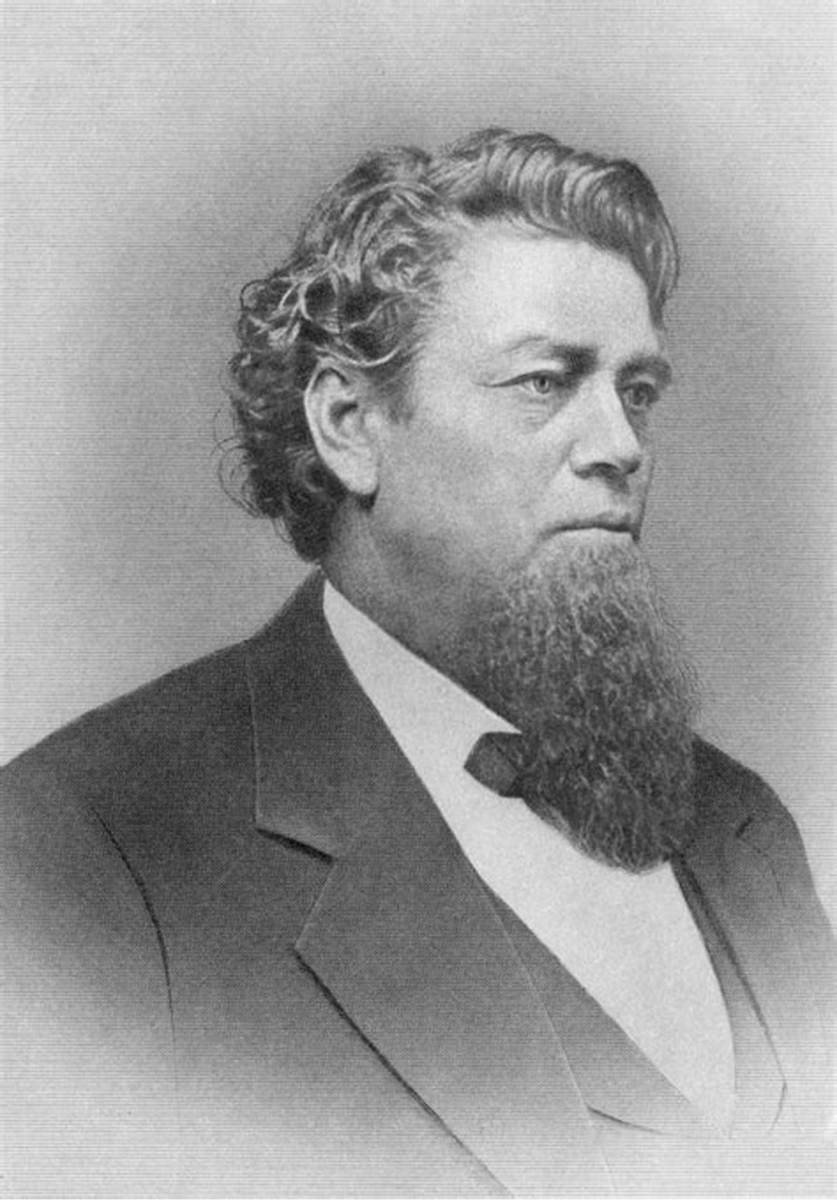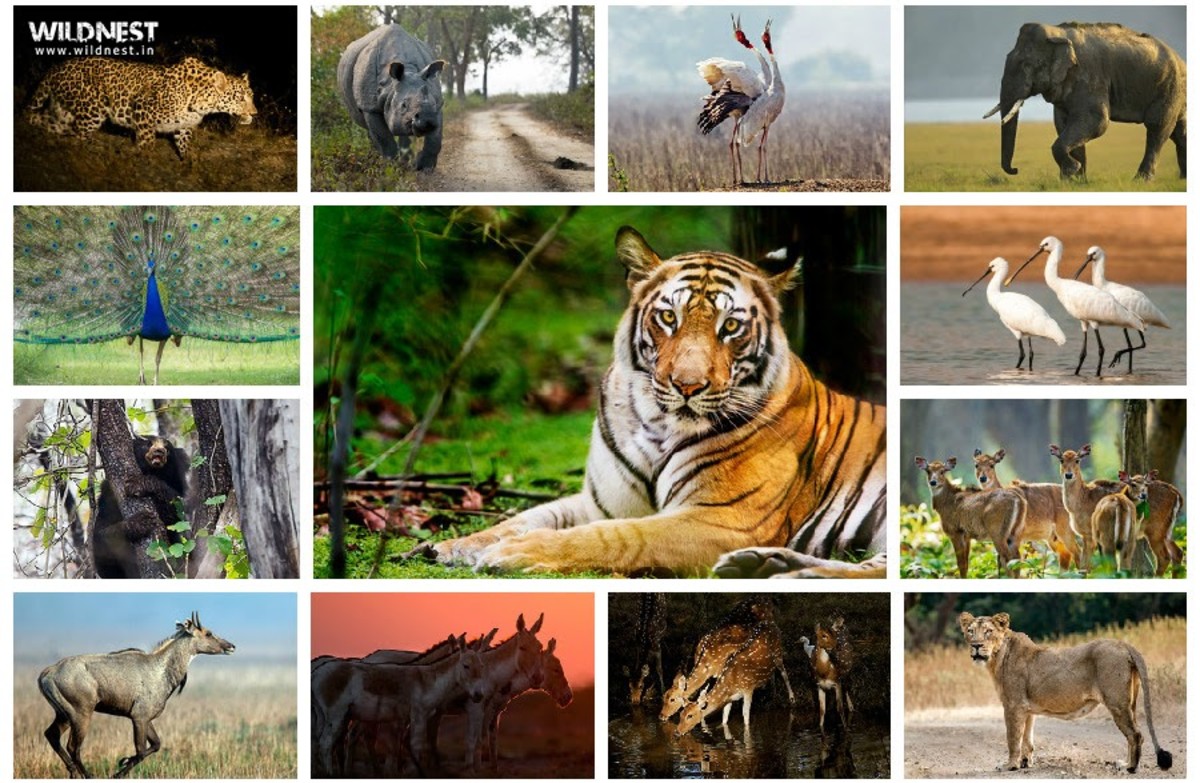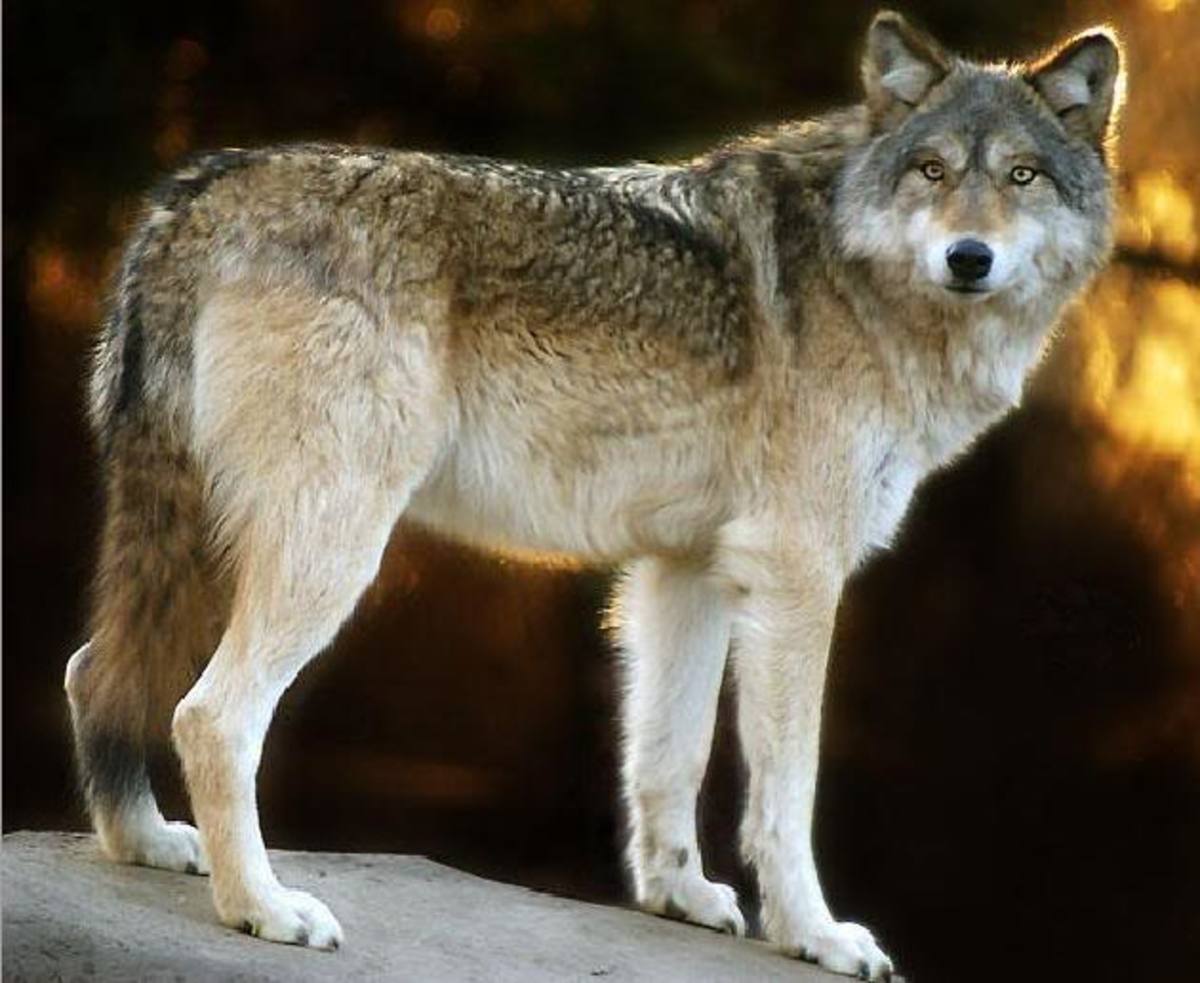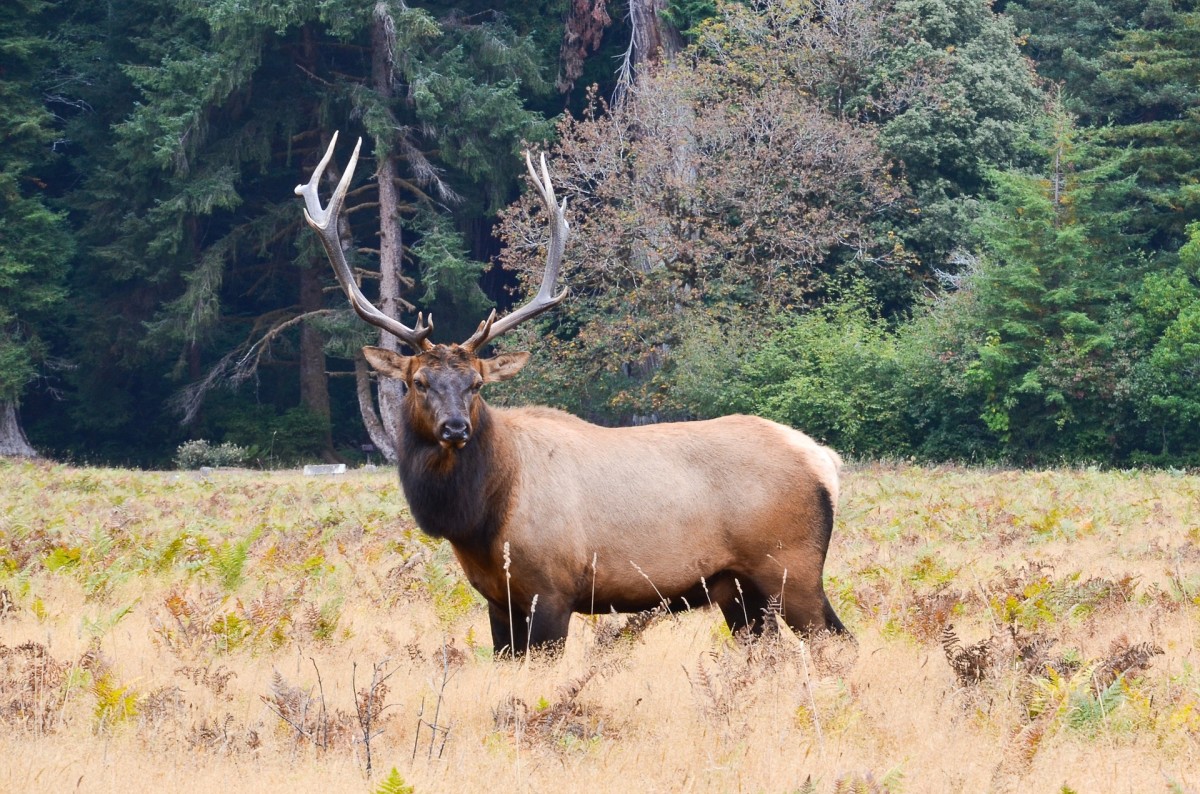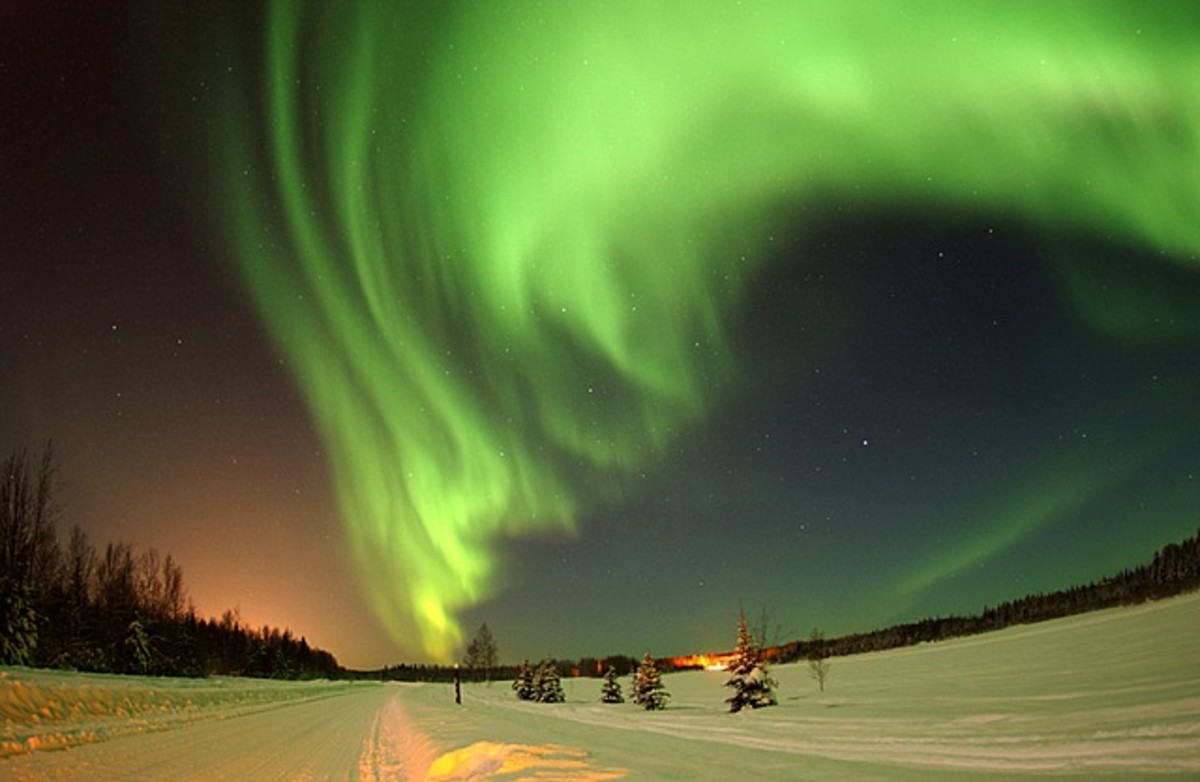Are hunters in the USA a major contributor to wildlife conservation: A negative aspect of Pittman-Robertson Act
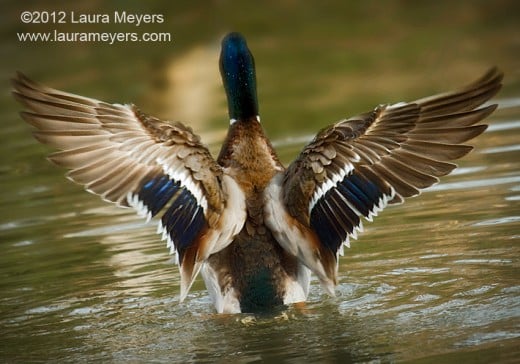
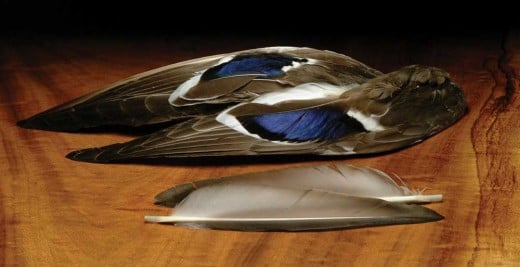
The answer, by the way, is NO
"The great irony is that many (wildlife) species might not survive at all were it not for hunters trying to kill them. All the wings provided to Norman Saake and his colleagues throughout the country come from hunters, who fold them into prepaid envelopes, record the date and place of harvest, and mail them in. It is but one example of how the nation’s 12.5 million hunters have become essential partners in wildlife management. They have paid more than 700 million dollars for duck stamps, which have added 5.2 million acres to the National Wildlife Refuge System since 1934, when the first stamps were issued. They pay millions of dollars for licenses, tags, and permits each year, which helps finance state game agencies. They contribute more than 250 million dollars annually in excise taxes on guns, ammunition, and other equipment, which largely pays for new public game lands. Hunters in the private sector also play a growing role in conserving wildlife."
The above excerpt is from the November 2007 issue of National Geographic magazine.
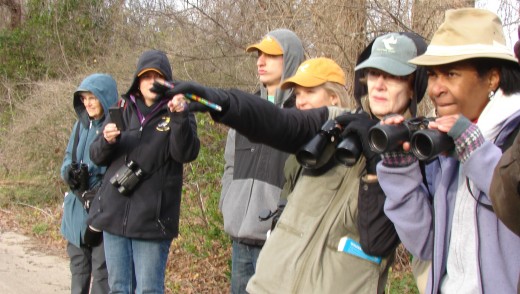
Hunters versus non-consumptive users like bird-watchers
In 1993, only 10 percent of the U.S. population were hunters. In 2013, the US Fish and Wildlife Service reports that only 6 percent of Americans are hunters. "Hunters are 89 percent male and 94 percent white," the report notes. Fishing and bird-watching are more popular than hunting. So why are our wildlife policies still so tilted in their support of hunting agendas? "
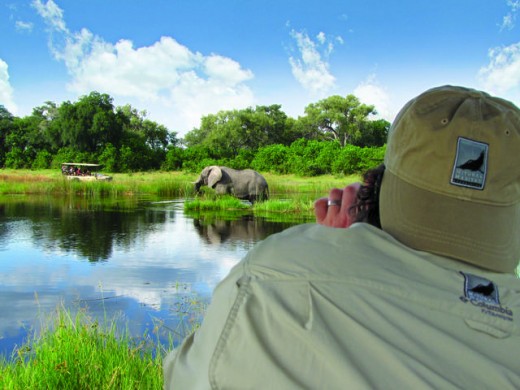
One major reason why our policies are skewed is that it is thought that hunters are major contributors of conservation efforts.
Indeed, hunting associations fund the establishment and maintenance of wildlife reserves to keep them populated with prey for the benefit of the community. Numberwise, this is wrong. There are more people funding national parks and wildlife sanctuaries by visiting these places and enjoying nature. In addition, there are people who make their living by running ecotours, taking pictures and writing books and blogs on wildlife and nature. This group of people should have a much bigger say in how we manage our natural resources for our benefit and the benefit of our next generation than the hunters.
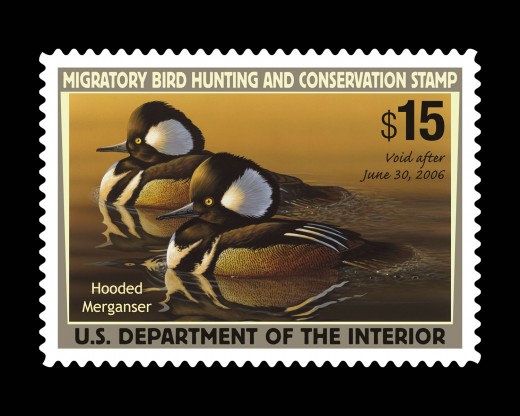
Hunters always use that rationalization, "we fund conservation."
"Since we we fund habitat acquisition with Duck Stamps, we have a justification to hunt on National Wildlife Refuges."
They use it to justify hunting decisions that go against public opinion. They also use it to ward off any input or feedback from the majority of American citizens who are non-consumptive users, and who do not want to see our wildlife agencies continue to accord favors to hunters and ranchers.
The reason hunters get away with this is because of Pittman-Robertson Act.
What is Pittman - Robertson Act?
The Federal Aid in Wildlife Restoration Act of 1937, most often referred to as the Pittman–Robertson Act for its sponsors, Nevada Senator Key Pittman and Virginia Congressman Absalom Willis Robertson, was signed by Franklin D. Roosevelt on September 2, 1937 and became effective on July 1 of the following year. It has been amended many times with several of the major ones taking place during the 1970s and the most recent taking place in 2000.
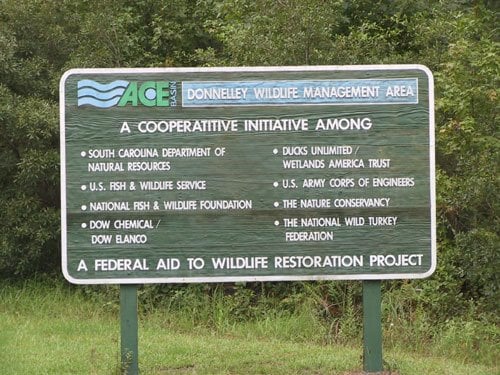
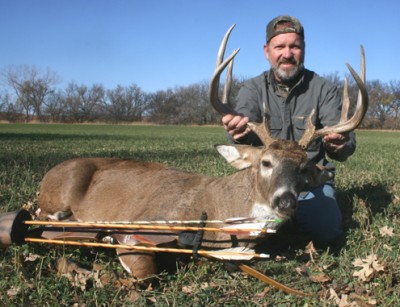
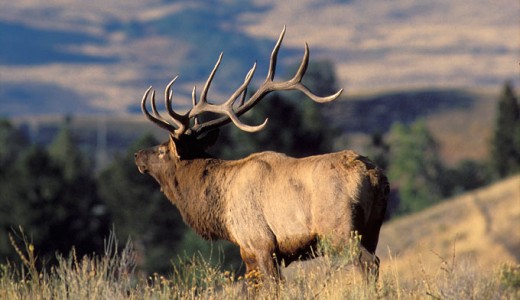
What does the Act entail?
From Wikipedia:
"The Pittman–Robertson Act took over a pre-existing 11% excise tax on firearms and ammunition. Instead of going into the U.S. Treasury as it had done in the past, the money is kept separate and is given to the Secretary of the Interior to distribute to the States. The Secretary determines how much to give to each state based on a formula that takes into account both the area of the state and its number of licensed hunters.
These States must fulfill certain requirements to use the money apportioned to them. None of the money from their hunting license sales may be used by anyone other than the State’s fish and game department. Plans for what to do with the money must be submitted to and approved by the Secretary of the Interior. Acceptable options include research, surveys, management of wildlife and/or habitat and acquisition or lease of land, among other things. Once a plan has been approved, the state must pay the full cost and is later reimbursed for up to 75% of that cost through P–R funds. The 25% of the cost that the State must pay generally comes from its hunting license sales If, for whatever reason, any of the federal money does not get spent, after two years that money is then reallocated to the Migratory Bird Conservation Act.
In the 1970s, amendments created a 10% tax on handguns and their ammunition and accessories as well as an 11% tax on archery equipment. It was also mandated that half of the money from each of those new taxes must be used to educate and train hunters through the creation and maintenance of hunter safety classes and shooting/target ranges."

So what is the negative aspect of the Act?
According to the Act, arms and ammunition sales contribute to state wildlife agencies. This gives rise to a conflict of interest as these agencies are then under the influence of hunters and pro-hunting lobbies. The issue is complicated by the fact that the majority of people who own guns in this country are not hunters. Hence, it is gun and ammunition purchases that provide the funding, but only a percentage of those purchasers are hunters, yet it is the hunters who impact decision making by the agencies in their favor.
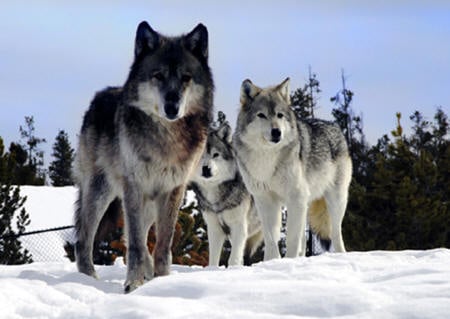
It is us making a difference, not the hunters
Contrary to what hunters believe, it is us, wildlife lovers, ecotourists, national parks visitors, authors, artists, etc. who fund most of the public land in the United States, as taxpayers. It is us who fund the welfare ranchers who graze practically for free on public lands. It is us who fund most of our National Wildlife Refuges, with just 3 percent of land purchases coming from hunters' Duck Stamps.
Hunters would like to add Duck Unlimited and other pro-hunting organizations to the list, but I say that even those numbers are more than offset by conservation organizations like National Conservancy and individual land trusts who have acquired more land combined than the pro-hunting entities have.
Finally, when we add land preservation, volunteer hours and monetary contributions made by by way of donations by non-hunters, it's a huge number that is never cited by the hunters and pro-hunt lobbies.
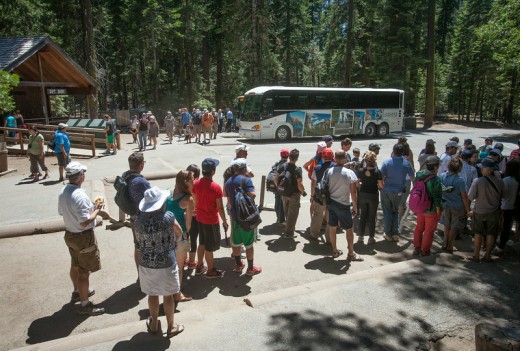
It's time for the rest of us to see through the misconception that hunters are a major party toward conservation.
If a hunter tells you that he or she funds the majority or even all of conservation in this country, explain to them the reality. Let us agree that they also fund conservation efforts, but it is for game animals they can hunt.
Hunters are just 13 million of our population of 300+ million. As a wildlife conservationist, I know my facts. Now that you know them too, don't let a 'hunters are major conservationists' argument fly by you.
